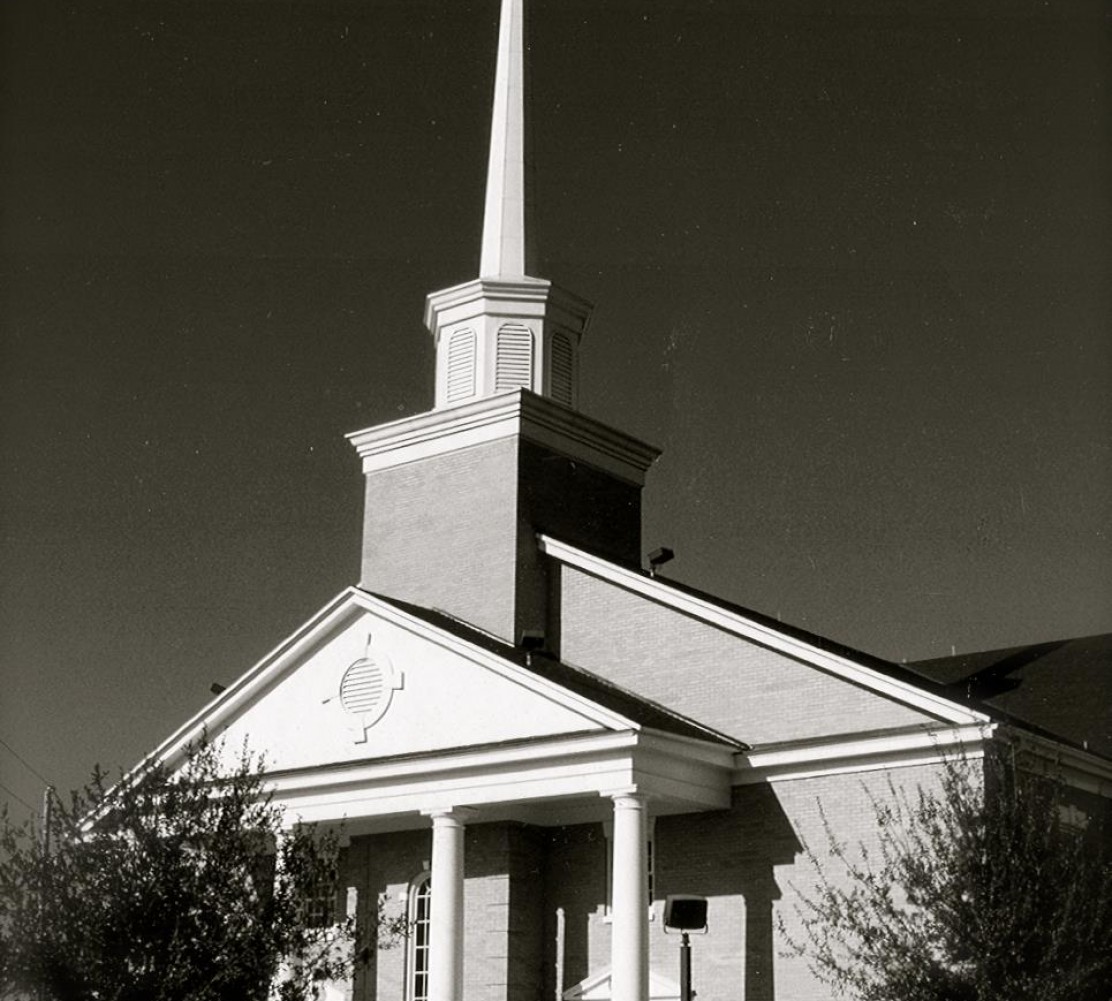My wife sent me this article today, written by a palliative nurse, who lists the top 5 regrets people have revealed to her on their deathbeds. She says these are the 5 most common, although it is unclear to me whether she actually tabulated the regrets given to her and came up with this statistical result. That doesn’t really blunt the power of the article, though.
I think any of the five or perhaps all five could be used as part of any sermon dealing with life and death (Mark 8:36), the brevity of life (James 4:13-17), or having an eternal perspective (Psalm 39). Below are her five, with other passages that could be used with each one. I think it would be ok to use just one in a sermon. You could say something like, “A palliative nurse compiled the 5 most common deathbed regrets, and one of the five dealt with exactly what we’re talking about. It was ______.”
Here are the five:
1) I wish I’d had the courage to live a life true to myself, not the life others expected of me. [In this case, I’m thinking of it more like: “I wish I had lived a life true to God’s calling, instead of letting peer pressure or the world influence me as much as they did.” The REAL life lived true to ourselves is the one lived in line with the purpose for which God made us.]
Daniel 3, Acts 5:29
2) I wish I didn’t work so hard.
Matthew 6:19-21, Matthew 6:24-34, Mark 8:36
3) I wish I’d had the courage to express my feelings.
Ephesians 4:15, James 3
4) I wish I had stayed in touch with my friends.
Proverbs 18:24, Acts 20 (Paul’s closeness with the Ephesian believers), 2 Timothy 4:9-18
5) I wish that I had let myself be happier.
John 10:10, Philippians 4
By the way, you could also use this whole article as a contrast between the author’s this-worldly understanding of “happiness” (which seems to end when someone achieves “peace” and then dies) and the Bible’s infinitely deeper, eternal joy in the presence of Christ. That would work with Matthew 25, Revelation 5, Revelation 21, Revelation 22, and plenty of others. [I write all these references out so that they will show up when people search on particular texts. I’m still trying to figure out how to make tag searches work like I want them to.]
